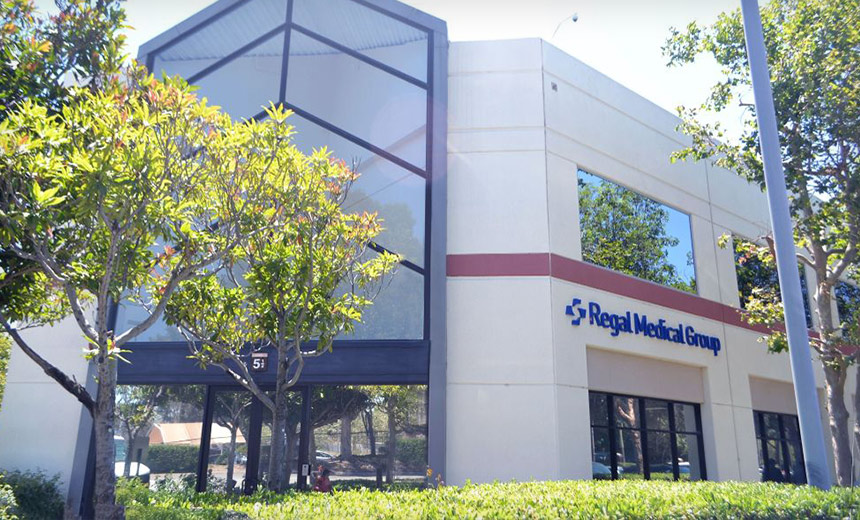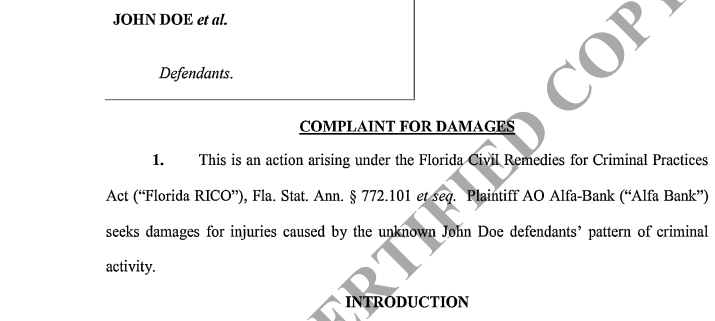5 Lawsuits Filed in Ransomware Breach Affecting 3.3 Million
Fraud Management & Cybercrime
,
Healthcare
,
HIPAA/HITECH
Proposed Class Actions Against Regal Medical Group Allege Negligence, Other Claims

At least five proposed class action lawsuits have been filed in recent days in the wake of a California medical group’s Feb. 1 report of a ransomware attack last December that affected more than 3.3 million individuals.
See Also: OnDemand | Navigating the Difficulties of Patching OT
The proposed lawsuits filed so far against Regal Medical Group, its affiliated Heritage Provider Network and other affiliated groups include four federal complaints filed since Feb. 13 in the U.S. District Court for the Central District of California, plus at least one complaint filed in a California state court on Feb. 9.
Regal, which has more than 3,000 doctors and touts itself as one of the largest physician-led healthcare networks in southern California, reported the hacking incident on Feb. 1 to the Department of Health and Human Services as affecting several of its affiliated medical groups.
The groups whose patients were affected by the incident include Lakeside Medical Organization and Affiliated Doctors of Orange County and Greater Covina Medical Group. The groups also are affiliates of Heritage Provider Network, a managed care plan (see:…



